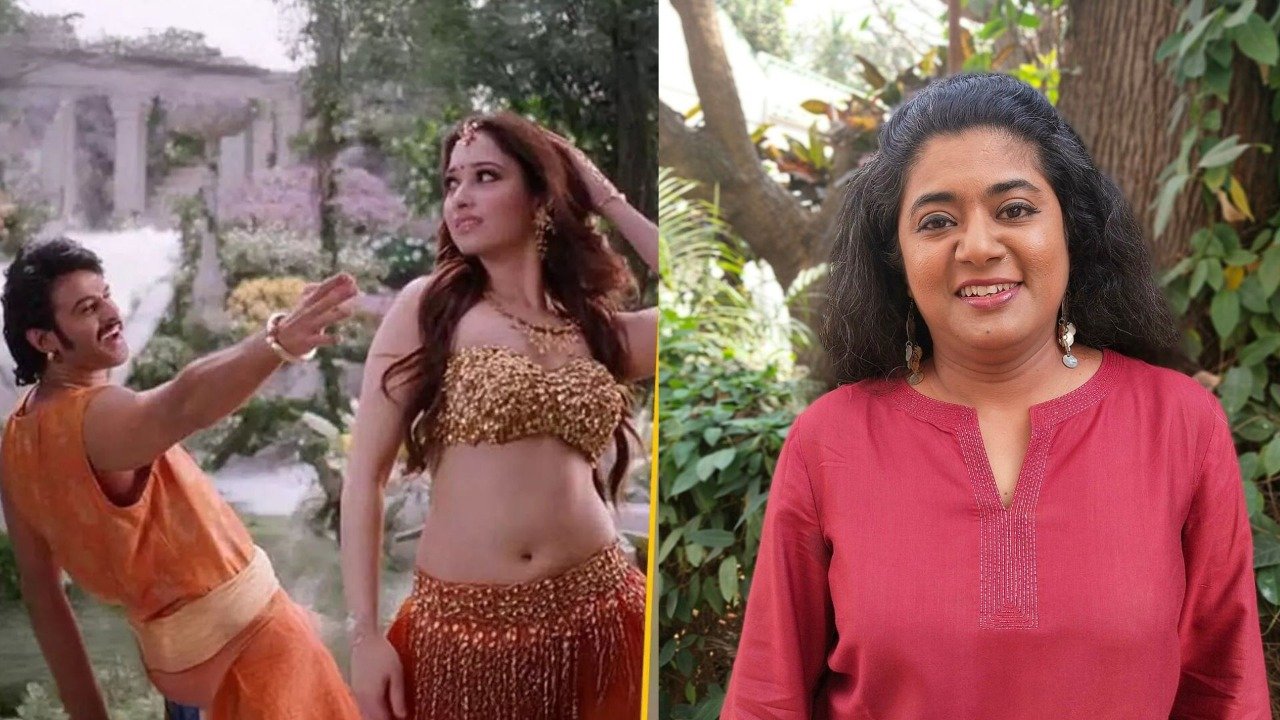Film Critic Anna M.M. Vetticad Responds to Tamannaah Bhatia’s Comments on ‘The Rape of Avanthika’
Journalist and film critic Anna M.M. Vetticad has issued a strong rejoinder to actor Tamannaah Bhatia’s recent remarks about her 2015 article The Rape of Avanthika, calling the comments personal, misleading, and harmful to public understanding of consent in cinema.
In an interview with The Lallantop, Bhatia was asked about onscreen representation of female bodies, specifically referencing Vetticad’s critique of a scene in Baahubali: The Beginning where the character Avanthika, played by Bhatia, is subjected to unwanted physical changes by the male lead, ultimately shown as falling in love with him. Vetticad’s original piece described this sequence as a romanticised depiction of sexual violence and a violation of consent.
According to Vetticad, Bhatia mischaracterised her article as an attack on her personally, suggesting that the critic’s perspective stemmed from sexual repression and a negative view of the body. Bhatia further claimed that when people “can’t control you, they use shame and guilt” to influence behaviour.
Vetticad rejected these narratives, stressing that her critique was about the cinematic portrayal of harassment as courtship, not about Bhatia as a person. She explained that the dangerous subtext in such scenes reinforces societal myths — that a woman’s “no” can be interpreted as “maybe” or “yes” — a mindset that contributes to real-world violence. Citing NCRB data that records 51 crimes against women every hour in India, Vetticad argued that normalising sexual aggression in films perpetuates oppressive gender norms.
She noted that when her article first appeared, it resonated with many viewers, some expressing relief that their discomfort with the Baahubali scene was validated. However, it also attracted a wave of misogynistic abuse and trolling. Vetticad labelled Bhatia’s latest comments as the “most inexplicable” response she has encountered in nearly a decade.
Accusing the actor of conflating sexual violence with sex to deflect criticism, Vetticad said that as a public figure, Bhatia had missed an opportunity to positively influence societal attitudes. Instead, she claimed, the interview reinforced patriarchal conditioning.
Vetticad’s rejoinder calls for broader public discussion about how romanticised depictions of coercion harm both women and men, and urges supporters to amplify her statement across platforms to counter regressive messaging in popular media.
















